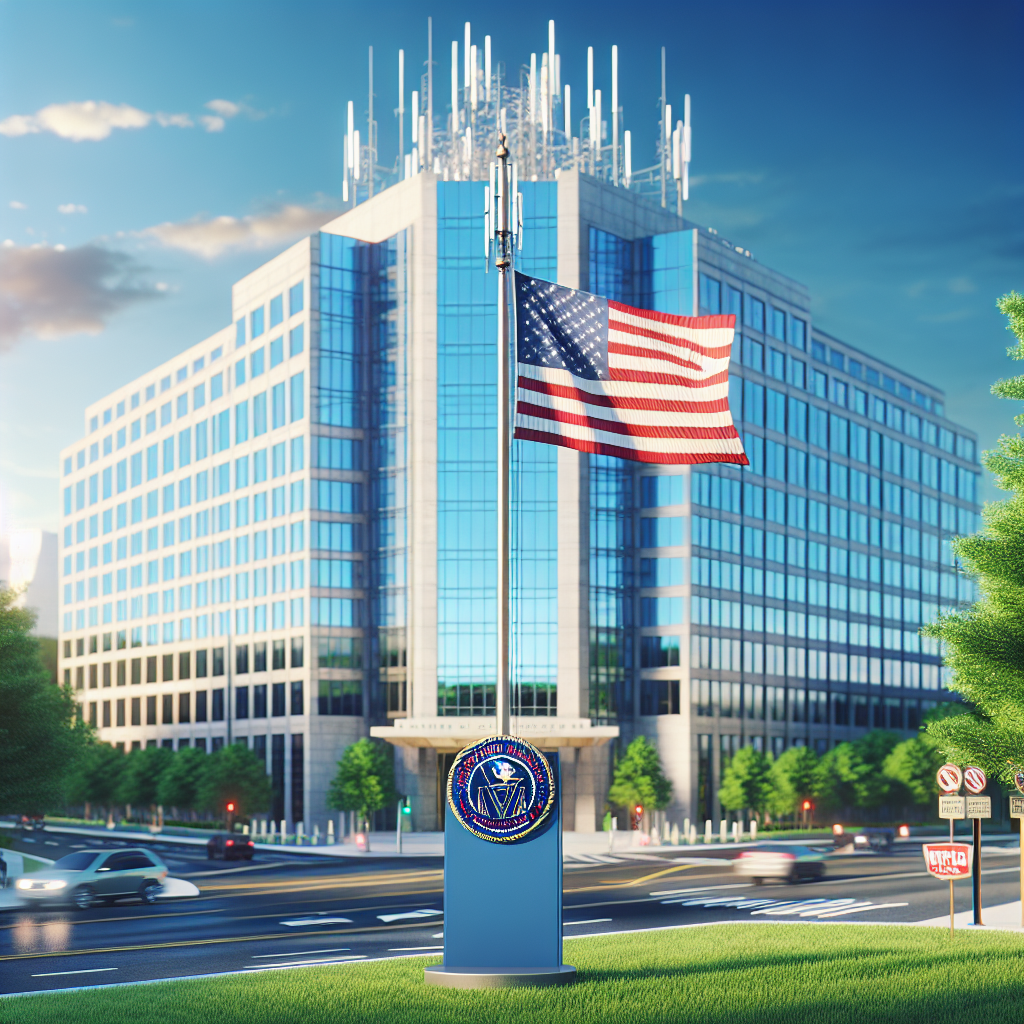
FCC and the Challenges of Regulating Media in a Politically Charged Environment
The intersection of free speech and media regulation remains a contentious topic, especially during politically charged moments. As the culmination of FCC Chairwoman Jessica Rosenworcel’s tenure looms, her recent rulings highlight the complexity underpinning the current media landscape.
Rosenworcel’s Defense of Free Speech
Outgoing FCC Chairwoman Jessica Rosenworcel, a Democrat, recently made headlines by rejecting four petitions intended to penalize TV networks for their portrayal and satire of presidential politics. Rosenworcel stressed that the FCC should never be used in ways that contradict the principles of the First Amendment. This decision was rooted in her belief that the agency should not serve as a tool for any administration’s speech control efforts.
Petitions Reflect Media Bias Allegations
- Three of the complaints originated from a group aligned with former President Trump’s interests.
- The fourth aimed to prevent Fox Corp’s license renewal for a Philadelphia station, citing Fox News’s dissemination of misinformation about the 2020 elections.
“We cannot afford to weaponize this agency against the tenets of free speech,” Rosenworcel emphasized during an NPR interview, reinforcing her commitment to nonpartisan integrity.
Incoming FCC Leadership and Potential Changes
As Rosenworcel departs, Brendan Carr will assume the chairmanship with Trump’s inauguration. Carr has signaled potential scrutiny and criticism of major networks such as ABC, CBS, and NBC, perceived as antagonistic to Trump. His stance raises concerns about the future trajectory of media regulation.
- Carr has vocalized intentions to use his role to challenge these networks’ perceived biases.
- He scrutinizes their fact-checking practices and alleged media biases against conservative figures.
This potential shift underscores the ongoing debate about media’s role in shaping public opinion and the responsibilities attached to media ownership.
Specific Cases and Allegations
The Center for American Rights, a conservative law firm, pursued actions against various networks and highlighted specific instances:
- ABC’s handling of a 2024 debate claim fact-checking was perceived as biased against Trump.
- WCBS in New York faced scrutiny for using different interview excerpts of Vice President Kamala Harris across two programs.
- NBC was accused of violating equal time provisions with Harris’s cameo on Saturday Night Live, though subsequent Trump appearances addressed the complaint adequately.
The Role of Fox News and Pending Litigations
The defamation suit regarding Fox News’ coverage of the 2020 election legal battles remains a focal point. Fox Corp’s 787.5 million dollar settlement in the Dominion Voting Systems case has added scrutiny:
- The liberal advocacy group critical of Fox News attempted to revoke Fox’s Philadelphia license renewal.
- William Kristol and Preston Padden argued that Fox should not maintain licenses due to their influence and misleading narratives.
The ongoing legal battles emphasize the turbulent consequences of media narratives on public trust and democratic processes.
Rosenworcel’s Legacy and Final Thoughts
Chairwoman Rosenworcel’s decisions emphasize her commitment to safeguarding free speech amid a politically polarized climate. She advocates for the First Amendment’s preservation, ensuring media remains a channel for diverse perspectives rather than a platform for manipulation.
As she concludes her term, Rosenworcel clarifies the FCC’s role, stating, “Our task is not to serve as a censorship apparatus, but to uphold free speech tenets while fostering journalistic integrity.”
Rosenworcel’s successor faces the daunting task of navigating media dynamics in a highly charged environment, balancing the demands of political actors, and preserving the sanctity of free expression.
The Path Forward
The complexities of media regulation during politically charged times illustrate the delicate balance of free speech and regulatory oversight. As the new FCC chairman takes the helm, the ongoing challenges call for vigilance, fairness, and an unwavering commitment to supporting the fundamental principles of democracy.
Sources: https://www.npr.org/2025/01/16/nx-s1-5262424/fcc-trump-tv-licenses-rosenworcel


Your article helped me a lot, is there any more related content? Thanks!